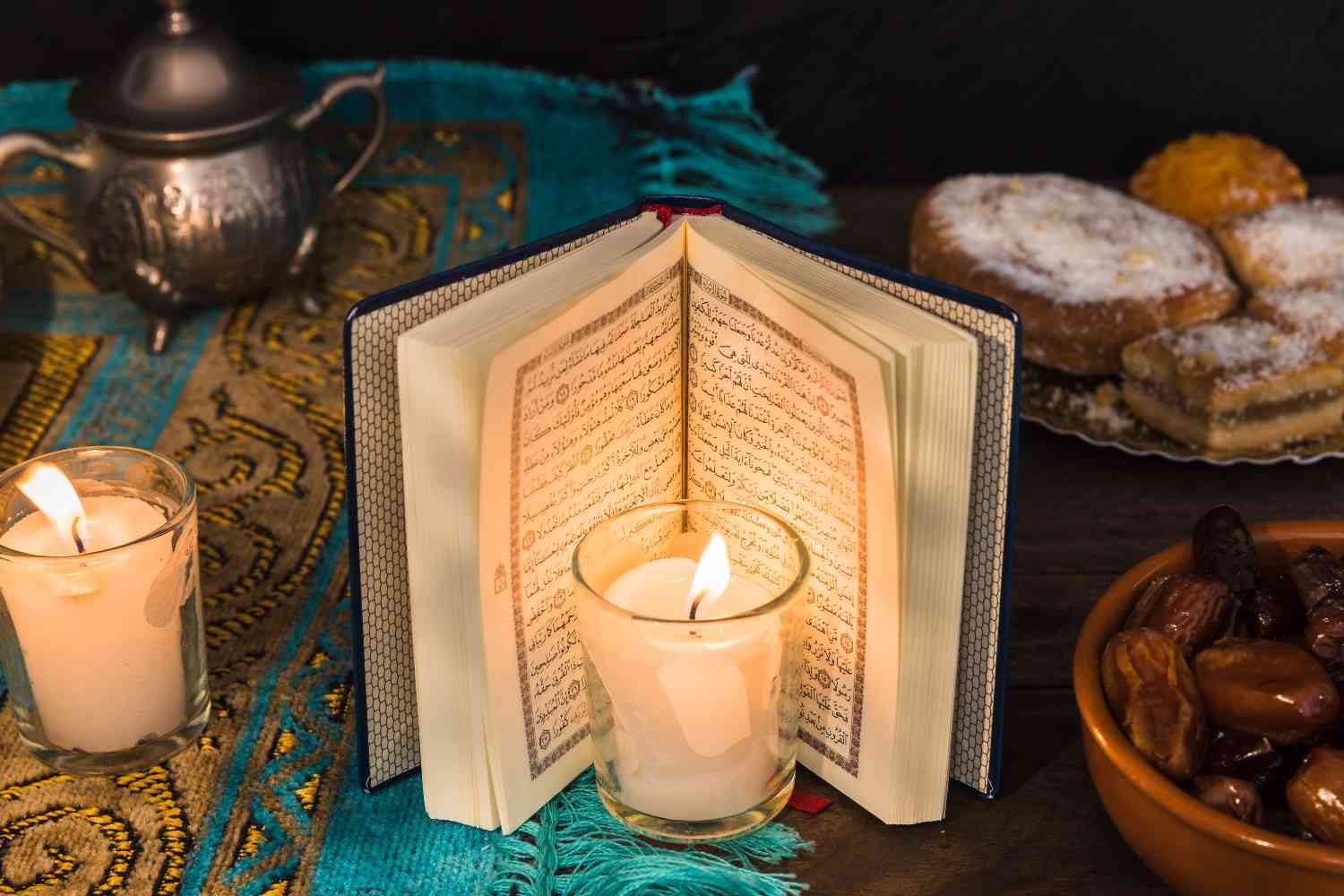Education has always been a fundamental part of Islamic tradition. As the modern world evolves, so do the methods and needs of education. The World Muslim Council (WMC) is committed to bridging the gap between traditional Islamic teachings and contemporary educational practices.
The Importance of Islamic Education
Islamic education instills moral values, spiritual awareness, and a sense of responsibility in individuals. It shapes not only knowledgeable Muslims but also conscientious global citizens who contribute positively to society.
Modern Challenges
- Access to Resources: Many Muslim communities lack access to quality Islamic education due to financial or geographical barriers.
- Integration with Modern Curricula: Balancing religious teachings with contemporary subjects remains a challenge for many Islamic schools.
- Countering Misconceptions: Addressing stereotypes and ensuring that Islamic education is viewed as relevant and inclusive.
WMC’s Initiatives
- Online Learning Platforms: Accessible courses on Quranic studies, Hadith, and Islamic history for Muslims worldwide.
- Teacher Training: Workshops for educators to integrate modern teaching methods with traditional Islamic content.
- Collaborations: Partnering with universities to offer programs that combine Islamic studies with modern disciplines.
The World Muslim Council believes that Islamic education must evolve to meet the needs of today’s learners while staying true to its core principles. By doing so, it ensures that the rich legacy of Islamic knowledge continues to thrive in the modern era.

